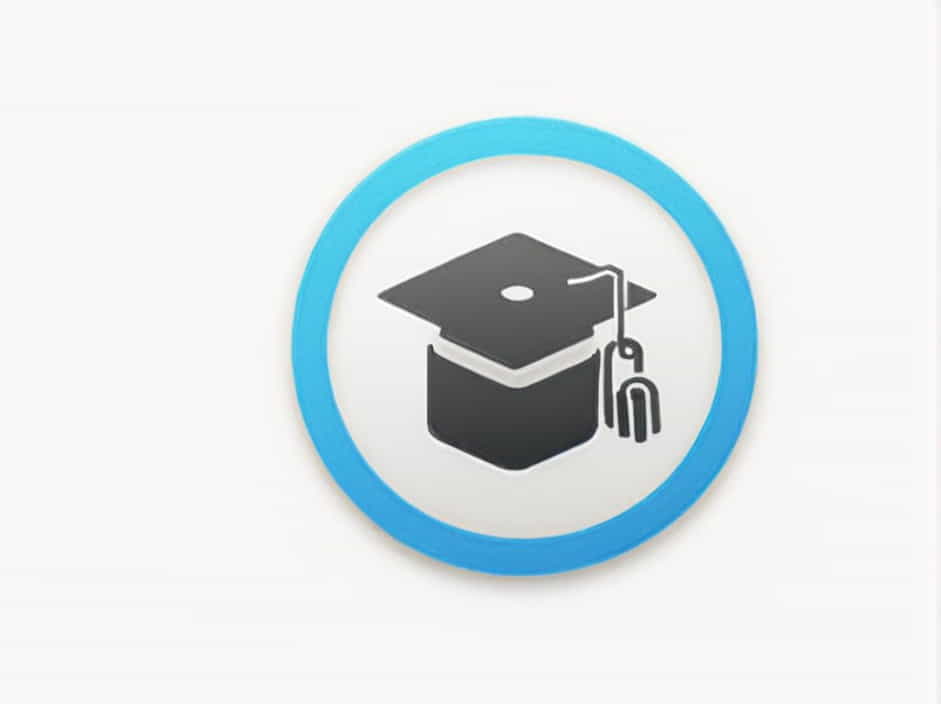Student loan forgiveness is a life-changing event that can bring financial relief and new opportunities. If your student loans were forgiven, you might feel a mix of emotions—excitement, relief, and even confusion about what comes next.
This topic explains how student loan forgiveness works, what to expect, and how to plan for your financial future now that your debt burden is gone.
What Is Student Loan Forgiveness?
Student loan forgiveness means that your remaining loan balance is canceled, and you are no longer required to make payments. This usually happens through government programs, employer assistance, or special circumstances like disability discharge.
Common Student Loan Forgiveness Programs
- Public Service Loan Forgiveness (PSLF) – For government and nonprofit employees after 10 years of payments.
- Teacher Loan Forgiveness – For eligible teachers in low-income schools.
- Income-Driven Repayment (IDR) Forgiveness – After 20-25 years of payments under an income-based plan.
- Total and Permanent Disability Discharge – For borrowers who are permanently disabled.
- Closed School Discharge – If your school shuts down before you complete your program.
What Happens After Your Student Loans Are Forgiven?
1. Confirmation of Loan Forgiveness
Once your loans are forgiven, your loan servicer should send you an official notice confirming that you no longer owe anything. It’s important to keep this document for your records in case of any future issues.
2. Tax Implications
In many cases, forgiven student loans are not considered taxable income, especially for federal loan programs. However, some private loan forgiveness options may be subject to taxes, so it’s best to check with a tax professional.
3. Credit Score Impact
Loan forgiveness itself does not hurt your credit score. However, the removal of a large debt can change your credit utilization ratio, which may slightly affect your score in the short term.
How to Use Your New Financial Freedom
1. Reassess Your Budget
Without student loan payments, you may have extra money each month. Consider adjusting your budget to focus on:
- Saving for emergencies (aim for 3-6 months of expenses).
- Paying off other debts like credit cards or personal loans.
- Investing for the future, such as in a retirement account.
2. Improve Your Credit Profile
Even though your loans are forgiven, maintaining a strong credit score is still essential. Keep good financial habits like:
- Paying all bills on time (rent, utilities, credit cards).
- Keeping credit utilization low (under 30% of your credit limit).
- Monitoring your credit report for errors.
3. Invest in Your Future
Now that you’re free from student loan payments, it’s a great time to:
- Build retirement savings with a 401(k) or IRA.
- Invest in stocks, bonds, or real estate to grow your wealth.
- Continue your education if it benefits your career.
Avoiding Student Loan Scams
Many scams target borrowers by claiming to offer student loan forgiveness in exchange for money. Be cautious of:
- Companies asking for upfront fees to “process” forgiveness.
- Emails or calls claiming immediate loan discharge without applying through official channels.
- Fake government websites—always visit the Federal Student Aid (studentaid.gov) website for information.
Having your student loans forgiven is a huge financial relief, giving you the opportunity to plan for a better financial future. Now is the perfect time to reassess your goals, improve your savings, and make smart financial moves to ensure long-term stability.
